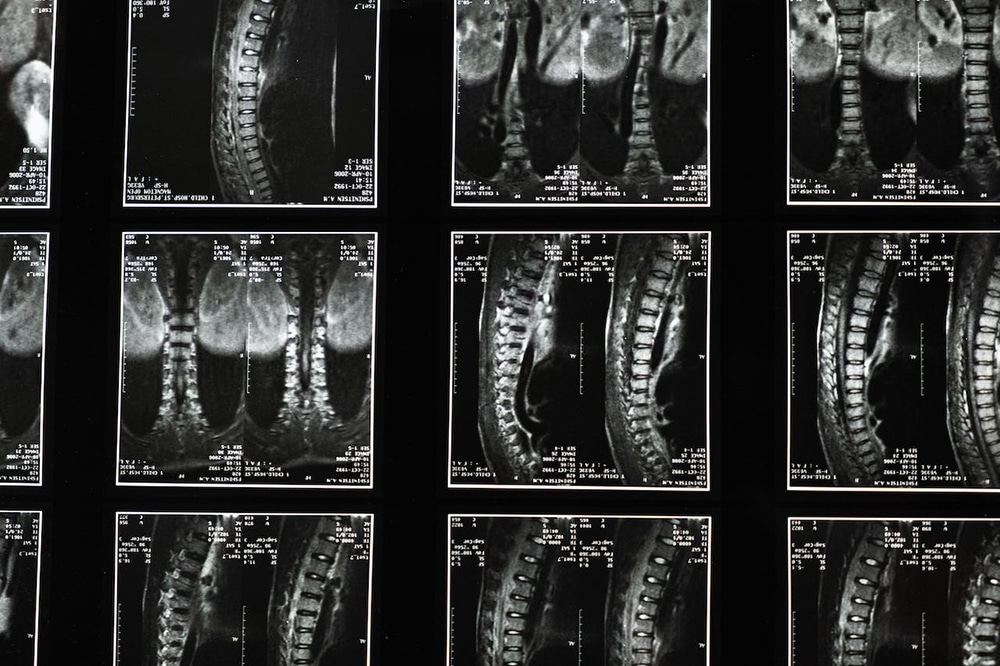What’s the Life Expectancy of Someone with a Spinal Cord Injury?

A spinal cord injury (SCI) is one of the most life-altering injuries a person can suffer. As with any injury, the severity and expected rate of recovery varies widely from person to person, and there are a lot of variables that affect life expectancy in each individual case. Approximately 17,000 new cases of SCI are reported each year in the United States, and the average age at injury is 42 years.
An SCI at any level of the spinal cord can be debilitating and may be either permanent or temporary, but most of those affected will continue to suffer those effects for the rest of their lives.
What Is a Spinal Cord Injury?
A spinal cord injury refers to any physical damage that occurs to the spinal cord. An SCI can result from direct physical trauma to the spinal cord itself or from damage to the surrounding nerves and bones, and because the spinal cord is involved in so many different functions and in so many different areas of the body, the symptoms of an SCI can vary widely.
Where the spinal cord is damaged, and the extent of that damage are major factors in the severity of the injury. The higher the injury site is on the body, the more areas of the body are affected, and any areas of the body below the injury site will be impacted by the damage.
Most Common Causes of Spinal Cord Injuries
The top causes of spinal cord injury are motor vehicle accidents and falls, with people over the age of 45 the most at risk for falls rather than car accidents. A study published in the National Library of Medicine states that 38.3% of SCIs were caused by an automobile or motorcycle accident, and 25.3% of SCIs were caused by a fall.
More SCI injuries occurred during warmer months and weekends, which contributes to the increase in motorcycle and driving-related SCIs. Males are more likely than females to suffer from SCIs related to gunshot wounds, motorcycle crashes, and diving accidents.
Other types of accidents and incidents that are common causes of spinal cord injuries include:
- Sports injuries
- Medical malpractice (most often, surgical injury)
- Diseases affecting the spinal cord
- Industrial and construction accidents
- Other workplace accidents
Types of Spinal Cord Injuries
Spinal cord injuries are divided by level, type, and severity. The level of injury for someone with an SCI is best explained as the lowest point on the spinal cord at which sensory feeling and motor movement diminish or disappear, meaning the letter-and-number name of the vertebrae at the injury site. The higher the level, the more a body is affected by the injury.
The two types of SCI may be terms you’ve heard before:
- Tetraplegia or quadriplegia affects most of the body from the neck down—the arms and hands, trunk, legs and feet, and pelvic organs.
- Paraplegia affects most of the body from the waist down—the legs and feet, pelvic organs, and some or all of the trunk.
An SCI may also be categorized by degrees of severity:
- A complete spinal cord injury is when all feeling and movement are lost below the injury site.
- An incomplete spinal cord injury allows some degree of motor or sensory function.
These three categories help doctors determine the best course of action in regard to surgery, rehabilitation, and your future as someone with an SCI.
Expected Recovery After a Spinal Cord Injury
Some spinal cord injuries can be repaired through surgery, and patients can recover pretty quickly through various therapies and rehabs, but most suffer the effects of their SCI for the rest of their life. Mortality rates for those with an SCI are significantly higher during the first year after the injury, specifically for people with the most severe injuries.
Age is a huge factor in the recovery process and overall life expectancy of those with an SCI. Those who suffer from the least severe SCI and are around 60 years old at the time of injury and have already survived for one year can expect to live an average of 16.2 more years, while those around 20 years old at the time of the injury who survived at least one year can expect to live for an average of 52.9 additional years.
Life expectancy is even smaller for those who have the most severe SCI diagnosis—no motor function and may be on a ventilator—with people 60 years old averaging another four years of life. For those injured at age 20, they can expect to live for an average of 25.3 more years.
Side-Effects After Suffering a Spinal Cord Injury
Pain is one of the main side effects of an SCI and can often lead a person to fall into depression. Not all of those with an SCI and who have pain will be depressed, but there is a correlation between the two. Depending on the level and type of pain, it can be managed by medicine, physical rehabilitation, talking to a therapist, and self-care. Here are some great ways to manage SCI pain through prevention and self-care:
- Maintain a healthy weight
- Reduce stress
- Distract yourself
- Try to exercise as much as you can
- Get treatment for any other health problems
- Do not use alcohol to ease your pain
- Get treatment for depression
- Keep a record of what makes you feel better or worse
- Get a wheelchair seating evaluation
If you or a loved one is living with an SCI and is suffering from depression due to pain or any other reason, please remember there are resources to help fight depression and people you can talk to.
Spinal Injury Diagnosis—Next Steps
When another person or party is at fault for injuries you have suffered, the law allows that they be held financially responsible for the damages. If you suffered trauma to the spinal cord because of another party’s negligence, recklessness, or wrongful actions, contact Pittman Roberts & Welsh, PLLC to discuss the legal recourse available to you or your loved one.








